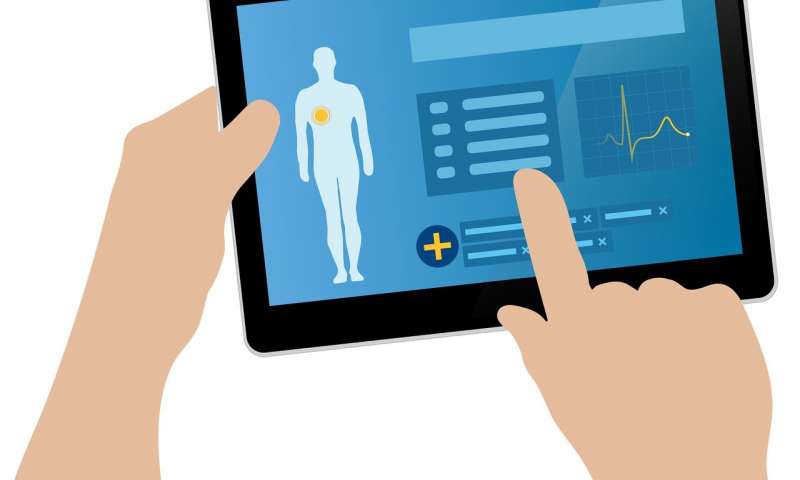The pandemic has highlighted the importance of increasing the flow of information on infectious diseases from electronic health records (EHRs) to public health agencies. Less attention has been paid to the value of EHR data for chronic disease surveillance.
At the HIMSS (Healthcare Information and Management Systems Society) Global Health Conference & Exhibition (HIMSS23), Brian Dixon, Ph.D., MPA, of Regenstrief Institute and Indiana University Richard M. Fairbanks School of Public Health and Lorna Thorpe, Ph.D., MPH, of NYU Grossman School of Medicine, will discuss leveraging EHR data to estimate the incidence and prevalence of chronic conditions of high public health importance.
“The information that clinicians are entering into electronic medical record systems is important not only for clinical care but also population health, particularly identifying new cases of diabetes, new cases of hypertension, and also assessing how much hypertension, how much diabetes, is in our population,” said Dr. Dixon.
“Electronic health records are important for public health and not just for tracking infectious disease—but also chronic disease. EHR data allow us to go into a smaller geographic area—counties and even neighborhoods—so that we can better target interventions to address chronic illness in the county where it exists.”
Focusing on diabetes, cardiovascular disease and long COVID, the two population health experts will discuss use of EHR data to advance measurement of chronic disease burdens including:
- Importance of use of clinical data in addition to administrative data
- Interoperability and integration requirements
- Current status of efforts underway, including examples of health systems that are working together in communities across the U.S.
- Strategies to amplify efforts in health systems
“We have an opportunity to design a public health infrastructure that allows us not only to detect the next pandemic, but also support what I call routine public health operations like monitoring the burden of chronic illness,” said Dr. Dixon. “We approach this with the goal of using EHR data to improve clinician care for patients with diabetes or other chronic illnesses as well as to help patients better manage their own disease in spite of the many medical, social and other barriers they may confront.”
Regenstrief Institute researchers are currently engaged in several chronic disease multi-institution surveillance initiatives using EHR data including a study of long-term COVID consequences in pediatric patients; an early discovery of diabetes in children, adolescents and young adults study; a hypertension study; and a study focused on detecting long COVID cases and assessing the burden of disease at the population level.
The presentation by Drs. Dixon and Thorpe is scheduled for Wednesday, April 19 at 4 p.m. CDT. The HIMSS23 conference takes place from April 17-21 in Chicago. Approximately 40,000 professionals throughout the global health ecosystem are expected to participate in the gathering. The theme is “Health that Connects + Tech that Cares.”
Regenstrief Institute


